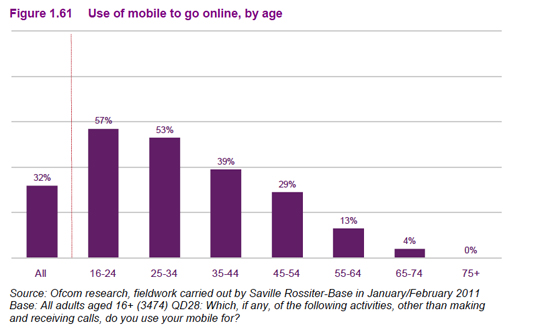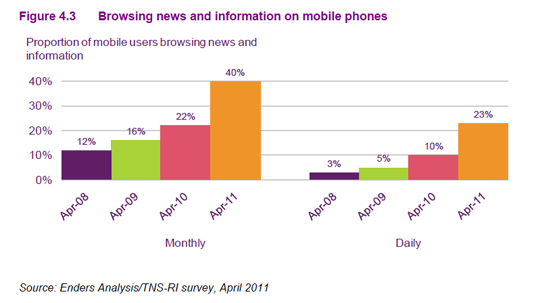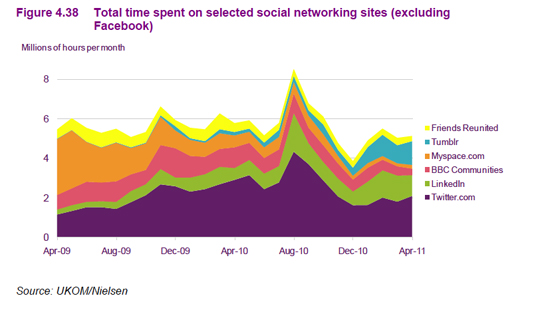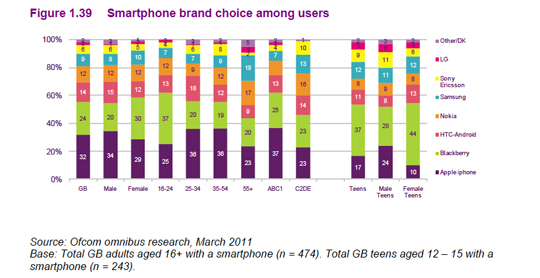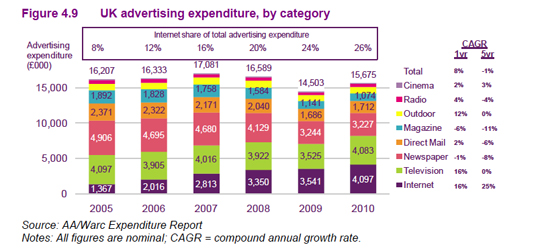 Journalisted is an independent, not-for-profit website built to make it easier for you, the public, to find out more about journalists and what they write about. It is run by the Media Standards Trust, a registered charity set up to foster high standards in news on behalf of the public, and funded by donations from charitable foundations. Each week Journalisted produces a summary of the most covered news stories, most active journalists and those topics falling off the news agenda, using its database of UK journalists and news sources.
Journalisted is an independent, not-for-profit website built to make it easier for you, the public, to find out more about journalists and what they write about. It is run by the Media Standards Trust, a registered charity set up to foster high standards in news on behalf of the public, and funded by donations from charitable foundations. Each week Journalisted produces a summary of the most covered news stories, most active journalists and those topics falling off the news agenda, using its database of UK journalists and news sources.
Liam Fox, Occupy Wall Street and BlackBerry
for the week ending Sunday 16 October
- Coverage of the Liam Fox and Adam Werritty scandal dominated this week’s news
- ‘Occupy Wall Street’ protests and BlackBerry outages covered lots
- Fitch ratings downgrade, Burmese political amnesty and US troops deployment covered little
Covered lots
- A torrid week for Liam Fox, ending in his resignation after questions about his relationship with friend Adam Werritty, 332 articles
- Occupy Wall Street protests continue and are mimicked worldwide, including London and Rome, 141 articles
- Research in Motion apologise to BlackBerry users after several days of outages, 112 articles
Covered little
- Credit ratings agency Fitch downgrades two UK banks, 15 articles
- Burmese Government releases comedian and dissident Zarganar along with hundreds of others, 13 articles
- President Obama deploys nearly 100 US soldiers to central Africa to combat insurgency by Lord’s Resistance Army, 11 articles
Political ups and downs (top ten by number of articles)
- David Cameron: 720 articles (+8% on last week)
- Liam Fox: 466 articles (+235% on last week)
- George Osborne: 221 articles (-49% on last week)
- Tony Blair: 111 articles (-5% on last week)
- Ed Miliband: 108 articles (-40% on last week)
- Theresa May: 107 articles (-48% on last week)
- Andrew Lansley: 93 articles (+98% on last week)
- Nick Clegg: 91 articles (-16% on last week)
- Chris Huhne: 90 articles (+67% on last week)
- William Hague: 90 articles (-27% on last week)
Celebrity vs. serious
- England Rugby player Manu Tuilagi fined for jumping off ferry, 71 articles versus Care Quality Commission report sparks condemnation of elderly care, 55 articles
- Bruce Forsyth receives knighthood, 26 articles versus former Prime Minister of Ukraine Yulia Tymoshenko jailed for seven years, 25 articles
- Couple from Cambridgeshire win £101 million on Euromillions lottery, 33 articles versus UK and US naval forces rescue Italian ship hijacked by Somali pirates, 25 articles
Arab spring (countries & current leaders)
- Gaza and Hamas: 50 articles (+1150% on previous week)
- Israel and Prime Minister Netanyahu: 41 articles (+173% on previous week)
- Syria and President Assad: 40 articles (-44% on previous week)
- Libya’s National Transitional Council: 40 articles (-34% on previous week)
- Iran and President Ahmadinejad: 31 articles (+417% on previous week)
- Egypt’s Military Council: 23 articles (+188% on previous week)
- Yemen and President Saleh: 11 articles (-67% on previous week)
- West Bank and President Abbas: 11 articles (+22% on previous week)
- Turkey and Prime Minister Erdogan: 5 articles (-50% on previous week)
- Bahrain and King Al Khalifa: 2 articles (-78% on previous week)
- Jordan and King Abdullah: 1 article (up from 0 in previous week)
Who wrote a lot about… the Joanna Yeates murder trial
- Tom Morgan – 9 articles (The Independent)
- John Coles – 7 articles (The Sun)
- Steven Morris – 7 articles (The Guardian)
- Rod Minchin – 5 articles (The Independent)
- Anil Dawar – 4 articles (Daily Express)
- Simon de Bruxelles – 4 articles (The Times)
Long form journalism
- 4,279 words: ‘It’s still going to plan for Sinn Fein’ – Sarah McInerney and Stephen O’Brien, The Sunday Times, 16 October 2011
- 2,840 words: ‘The ‘silent taboo’ of suicide among young men in the UK’ – Catherine O’Brien, Daily Mail, 15 October 2011
- 2,478 words: ‘Mexico’s cultural revolution’ – Gemma Bowes, The Guardian, 14 October 2011
Journalists who have updated their profile
- Liz Vercoe is a freelance journalist for AgeUK, Travel Telegraph, Sunday Times, BBC Worldwide and Reader’s Digest. She was previously deputy editor at the Radio Times and associate editor of the Sunday Mirror Magazine, as well as launch day editor of the Sunday Magazine. She has written several books, including editions of ‘Where to Live in London’ and ‘Managing Your Home’.
- Harriet Hernando is a trainee reporter at the Stroud News and Journal. She was recently a freelance features writer for St James’s House Media and feature writer for the Argentina Independent after interning at the Financial Times. She was educated at the University of Leeds and later the University of Sheffield. You can follow Harriet on Twitter: @harriethernando
The Media Standards Trust, which runs journalisted, last week won the ‘One to Watch’ category at the Prospect Think Tank Awards
Read about our campaign for the full exposure of phone hacking and other illegal forms of intrusion at the Hacked Off website
Visit the Media Standards Trust’s Churnalism.com – a public service for distinguishing journalism from churnalism
The Media Standards Trust’s unofficial database of PCC complaints is available for browsing at www.complaints.pccwatch.co.uk
For the latest instalment of Tobias Grubbe, journalisted’s 18th century jobbing journalist, go to journalisted.com/tobias-grubbe
